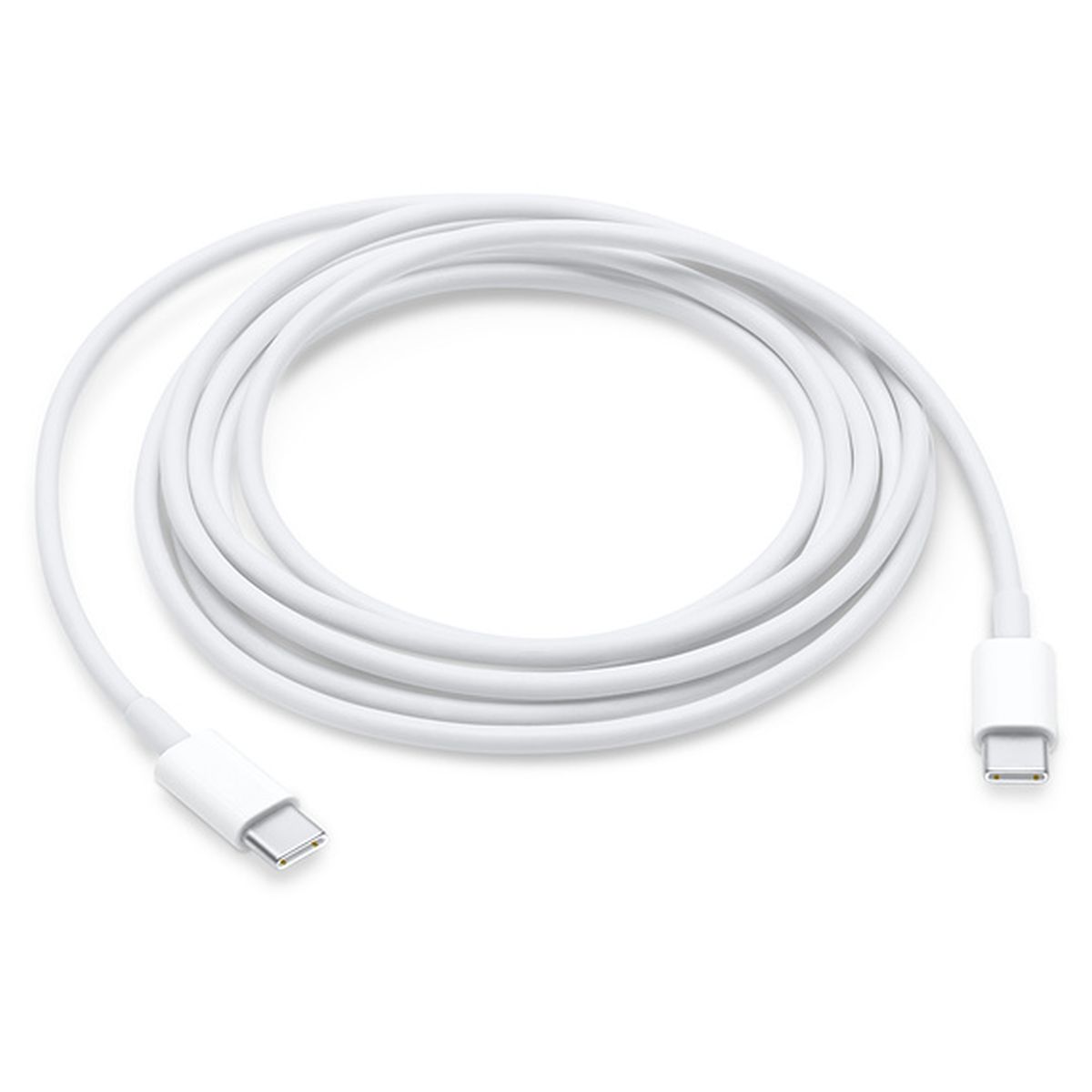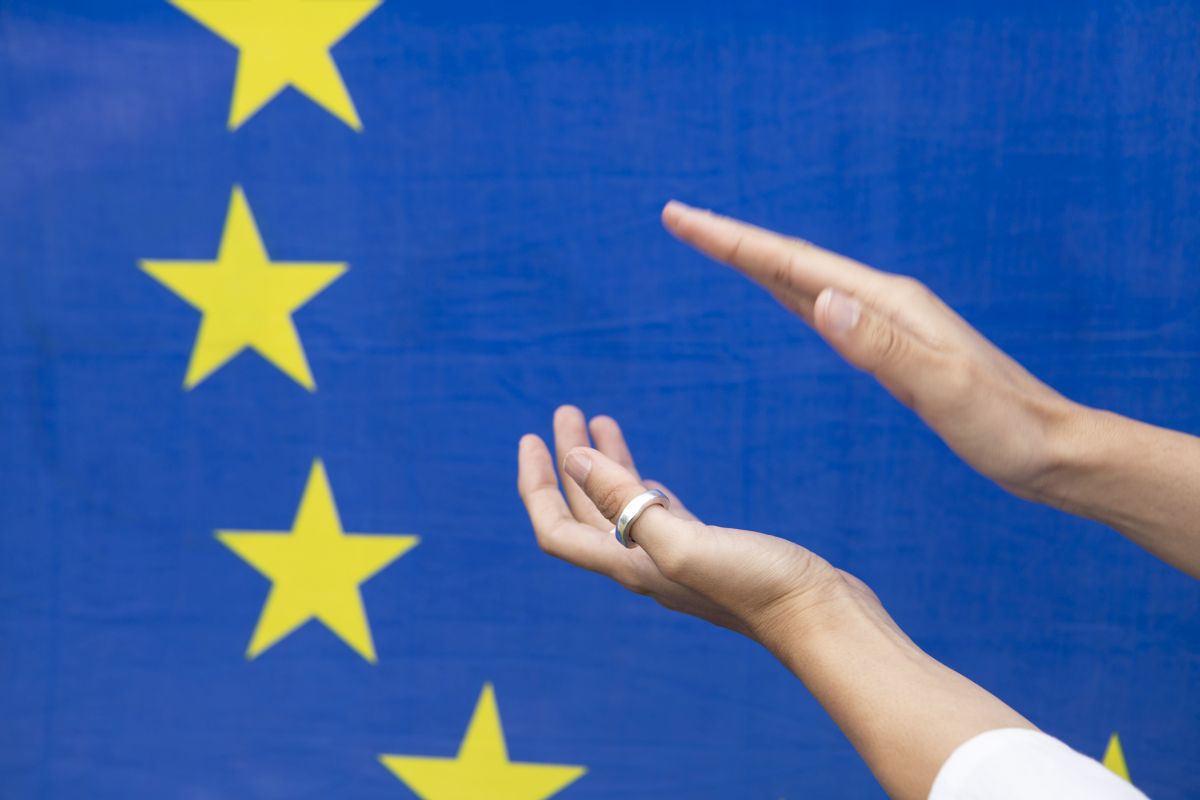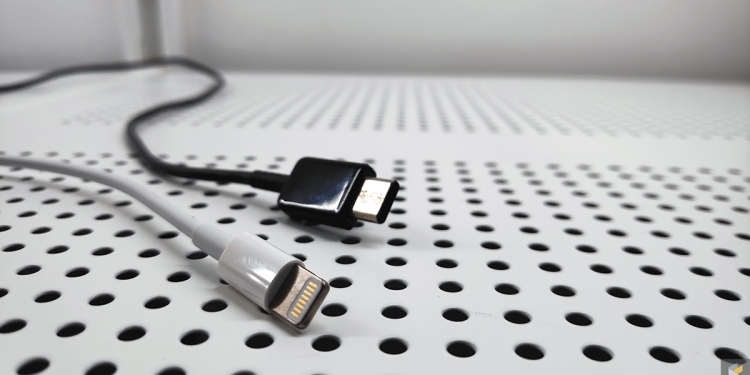The next round of iPhones is expected to finally feature USB-C charging (thank heavens), with Apple already using USB-C ports on certain MacBooks and iPad Pros. But now, it appears that they may actually be forced to do so, with a report from the BBC that members of the European Parliament are calling for the European Commission to compel Apple to drop the Lightning cable.
The matter hasn’t been voted on yet, but Apple has responded that this would “stifle” innovation and ultimately have a disruptive effect on the market. If the vote goes through, this means that all of Apple’s devices (sold in the European Union) would have to utilise a new charging method. Whether this applies to older devices, we don’t know.

The European Commission, the executive branch of the European Union that’s responsible for legislation, has been pushing for a single charging method for some time now. The motivation behind that is an environmental one, with the aim being to cut down on electronic waste—the BBC reports that this adds up to 51,000 tonnes per year.
“This is hugely detrimental for the environment. A common charger should fit all mobile phones, tablets, e-book readers and other portable devices.”
– European Parliament member, Alex Agius Saliba

What will happen next?
As mentioned, nothing concrete has been decided yet—but it’s worth noting that Apple may have already decided to go with USB-C for the next round of iPhones, while the flagship iPad Pro and all of the latest MacBooks use the standard USB method, as well.
Of course, most—if not all—mid to flagship Android smartphones use USB-C for charging these days, and even laptops utilise the port. But it’s also worth noting that Apple (and many other brands) have also included wireless charging with many of their devices. Rumours that the iPhone will have no ports, and only wireless charging, are sure to amplify. It’s certainly a move that only Apple would attempt, to be utterly frank.

[ SOURCE ]








